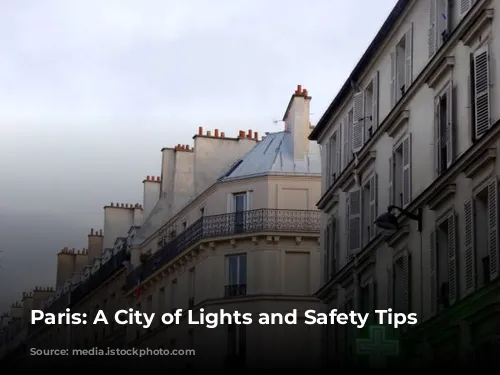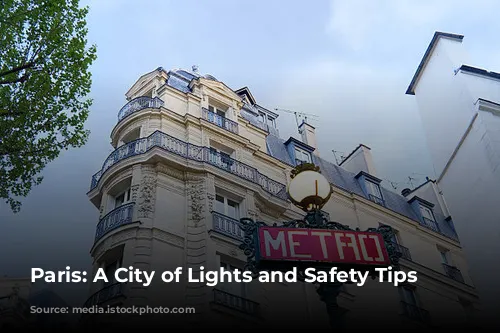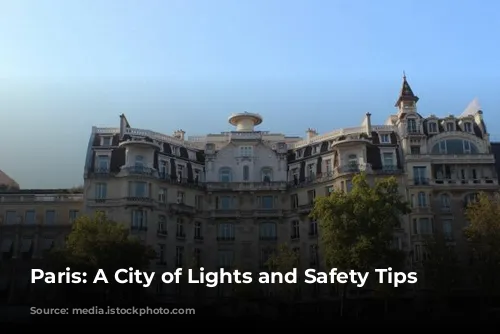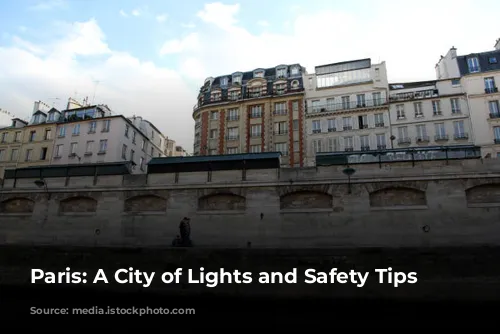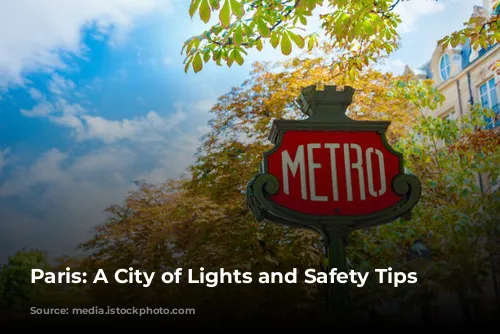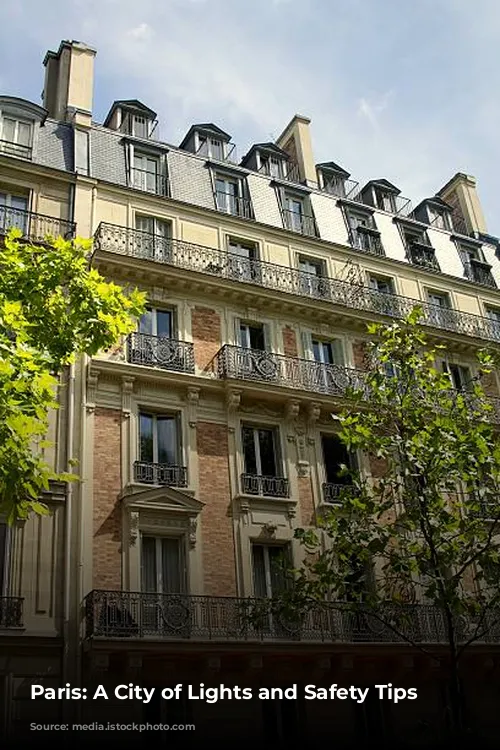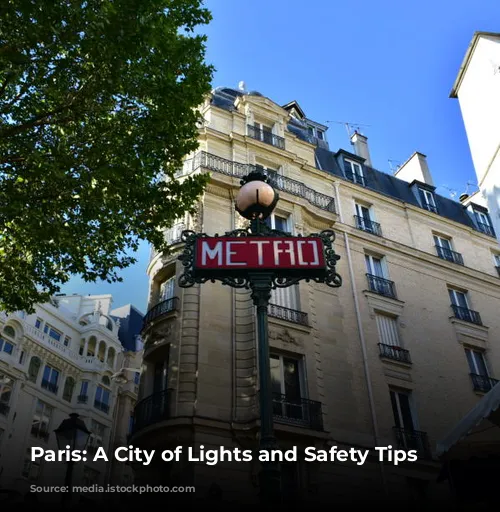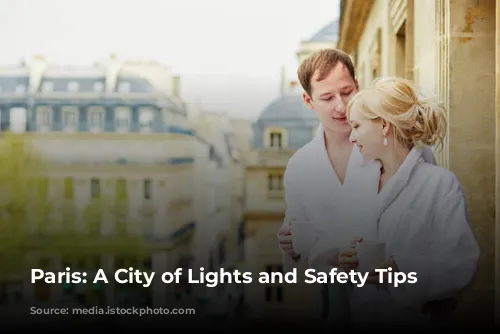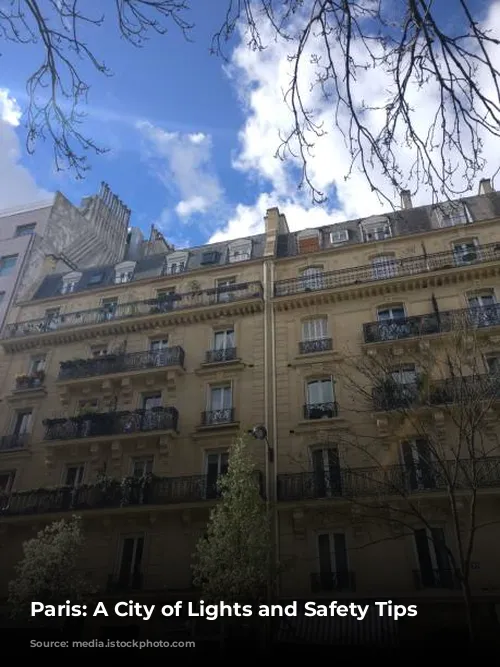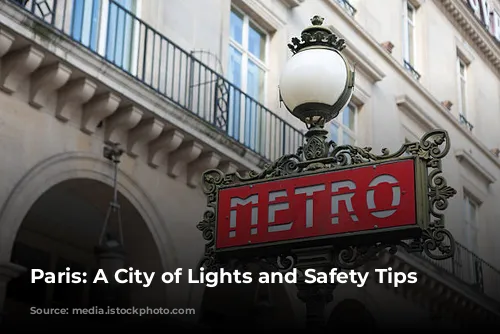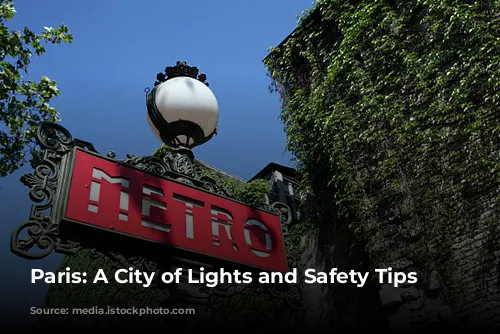Paris, the City of Lights, is a top tourist destination and one of the most visited capitals globally. It attracts over 30 million visitors each year, eager to experience its iconic landmarks and charming ambiance.
While the police force in Paris works hard to ensure a safe environment for all, tourists should remain vigilant, especially in crowded areas. Pickpockets and scammers may try to take advantage of unsuspecting visitors.
Parisian authorities have put in place a welcoming policy for tourists, offering various resources and support.
The Paris Police operates 24/7 reception points throughout the city, including 20 main police stations in each district. These stations are staffed with bilingual officers who can assist tourists with any issues, from providing directions to helping with theft or assault reports.
During the summer months, these officers wear a special badge with a flag indicating the languages they speak, making it easier for visitors to identify them.
For victims of crimes, the S.A.V.E. (Assistance system for foreign victims) application is available in 16 languages. This software allows officers to document complaints and issue receipts in the tourist’s native language, simplifying any necessary follow-up with their embassy or home country.
Here are some practical tips to minimize the risk of becoming a victim of crime:
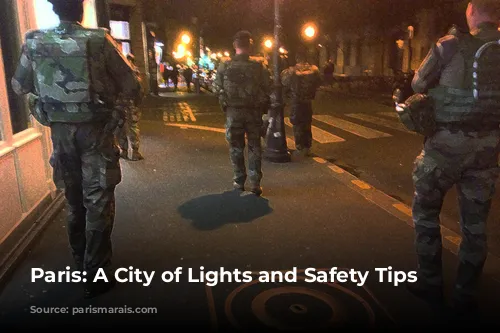
Staying Safe in Paris
Be alert and aware of your surroundings, especially in crowded areas.
- Carry a small bag across your shoulder or a concealed pouch instead of a backpack.
- Minimize the amount of cash you carry.
- Don’t keep your wallet in your back pocket.
- If someone tries to grab your bag, don’t resist as you could get hurt.
- Be wary of people who try to distract you, especially on cafe terraces, at ATMs, or when signing petitions.
- Never allow anyone to pass behind you through a ticket barrier.
- Only buy tickets from official ticket desks or machines in train and metro stations; avoid buying from street sellers.
Protect your vehicle from theft.
- Always lock your doors and boot, and roll up your windows.
- Don’t leave valuables in plain sight, such as phones, cameras, bags, or clothes.
Safeguard your identity documents.
- Make photocopies of your identity papers and keep them separate from the originals.
- If you lose your documents, contact your consulate immediately.
- Report any theft to the police.
Other helpful tips:
- Avoid changing money on the street; use a reputable bureau de change.
- Cover the keypad when entering your PIN at an ATM and be mindful of your surroundings.
- Use small notes, bank cards, or checks (if accepted in France) for payments.
- Avoid wearing expensive jewelry in an ostentatious manner.
- Don’t leave valuables in cloakrooms, on chair backs, or by your feet in cafes or restaurants.
- Never leave your phone or wallet unattended on a table.
- Keep your phone in an inside pocket and avoid lending it to strangers.
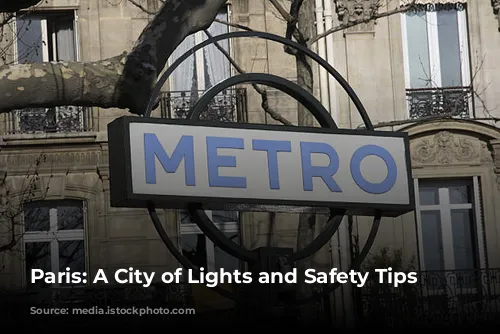
Beware of Scams
Be cautious of certain Parisian cabarets, especially in the Pigalle district.
- Be wary of establishments that aggressively approach customers on the street.
- Choose venues that clearly display their prices both inside and outside.
Avoid purchasing goods from illegal street vendors.
- While it may seem like a bargain or a way to help someone in need, you are actually supporting illegal organizations and potentially putting yourself at risk.
- Street vending is illegal in France and can result in a fine and prison sentence.
Be vigilant about street petitions.
- Many young people, often minors, approach tourists with petitions, sometimes pretending to be deaf and dumb, asking for money and signatures.
- These petitions are often fraudulent, and the money collected does not go to legitimate organizations.
Don’t fall for the three-card trick.
- This is a classic street scam where a dealer shuffles cards and asks players to bet on a specific card.
- The dealer and accomplices work together to ensure the dealer always wins, leaving the player with nothing.
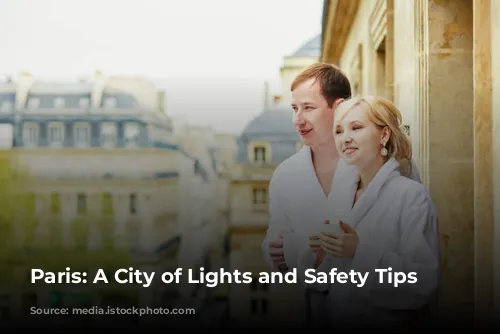
What to Do If You Are the Victim of a Crime
If you are the victim of an assault, take the following steps:
- Make as much noise as possible to scare off your attacker.
- Seek shelter in a nearby shop and ask someone to call the police.
- Provide a detailed description of your attacker, including their sex, age, hair style and color, height, build, clothing, and any distinguishing features.
- Indicate the direction and means of escape. If your attacker was in a vehicle, note the color, make, and if possible, the registration number.
If you experience a physical assault, the police officer will provide you with a document authorizing you to seek medical examination at the Urgences Médico-Judiciaires (open 24/7).
- A medical certificate will be issued and added to your police file.
- An investigation will then be initiated to find the perpetrator(s).
By following these safety tips and being aware of potential scams, you can enjoy your trip to Paris and minimize the risk of becoming a victim of crime.
Paris is a beautiful city, but like any large city, it has its share of risks. By being vigilant and following these simple precautions, you can help ensure a safe and enjoyable trip.
